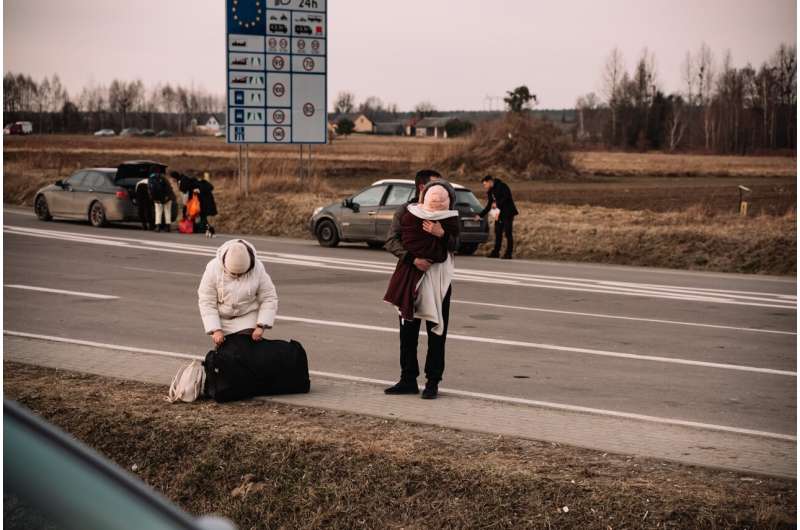This article has been reviewed according to Science X's editorial process and policies. Editors have highlighted the following attributes while ensuring the content's credibility:
fact-checked
trusted source
proofread
Refugees define success on their own terms, study finds

Refugees resettled in the U.S. often define success in ways that go far beyond economic self-sufficiency, according to a new study co-authored by researchers at Washington University in St. Louis. Published in Refugee Survey Quarterly, the study challenges long-held assumptions about what makes resettlement successful in the U.S.
While the refugees in the study valued finding a job and becoming self-sufficient, they also described success more broadly—as supporting loved ones, restoring dignity, navigating a new country and contributing to their communities. These personal and social goals are often overlooked in conventional policy measures, which have prioritized rapid employment and financial independence. The findings suggest that a more holistic approach to resettlement that reflects refugees' definitions of success may be more effective at promoting long-term integration.
Researchers conducted in-depth interviews with 36 adult refugees from Iraq and the Democratic Republic of the Congo resettled in Denver and St. Louis. Despite economic challenges, 89% of participants said the resettlement period represented the most successful time in their lives. Researchers suggest this may be because learning a new language and adapting to a new country felt easier than the hardships they faced before.
More information: Cyril Bennouna et al, How Refugees Conceptualise Success: Grounding Definitions and Examining Heterogeneity, Refugee Survey Quarterly (2024). DOI: 10.1093/rsq/hdae013
Provided by Washington University in St. Louis





















